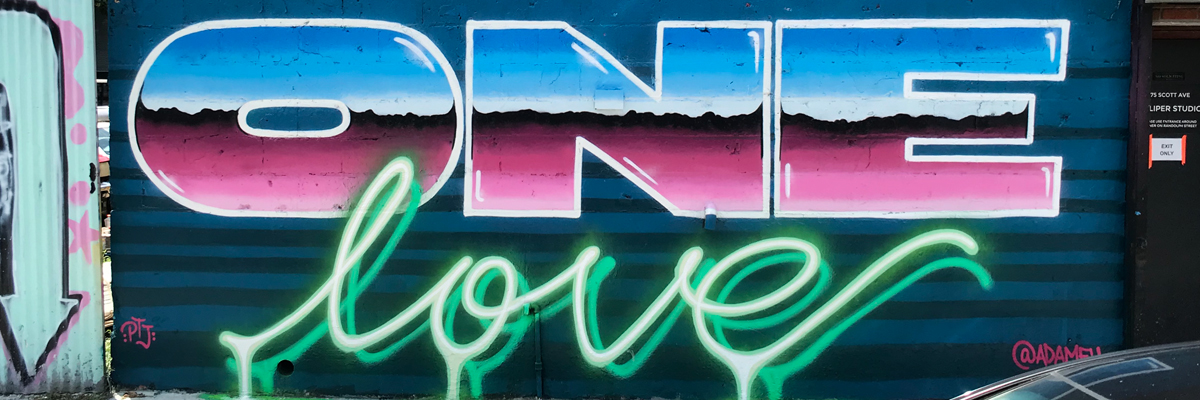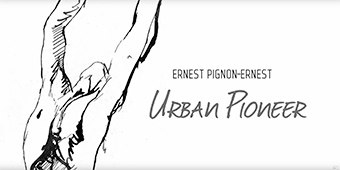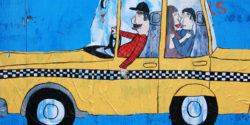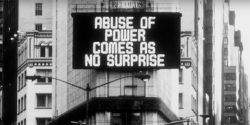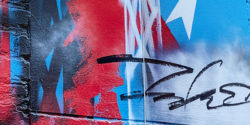
Welcome to BSA Images of the Week. The weather has been beautiful in NYC and the organic art popping up on the streets is still forcefully advocating for social and political solutions amidst great upheaval, even while…
Police groups want to paint a ‘Blue Lives Matter’ street mural in New York City, Federal officers are using unmarked cars to arrest Portland protesters, Trump Administration Strips CDC of Control of Coronavirus Data, Governor Cuomo Announces $1.5 Million for ‘Feeding New York State’ to Assist Food Insecure New Yorkers and State’s Farmers, 5.4 million have lost health insurance , Biden will not support Medicare for All and Liz Cheney joins forces with Nancy Pelosi to ensure taxes go to fund endless war in Afghanistan after 19 years.
Here’s our weekly interview with the streets, this week featuring Adam Fujita, Almost Over Keep Smiling, Billie Barnacles, Black Lives Matter, Bosko, Detor, Downtown DaVinci, Eric Haze, Fumero, Insurgo, Marco Santini, Marina Zumi, Praxis VGZ, Sara Lynne Leo, and Who is Dirk.
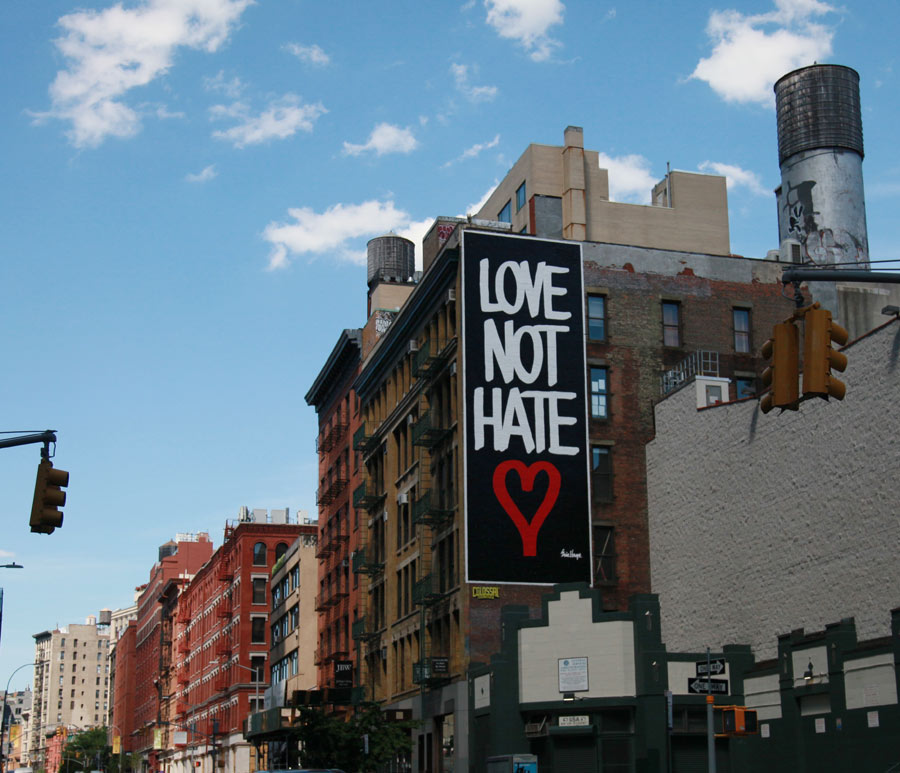
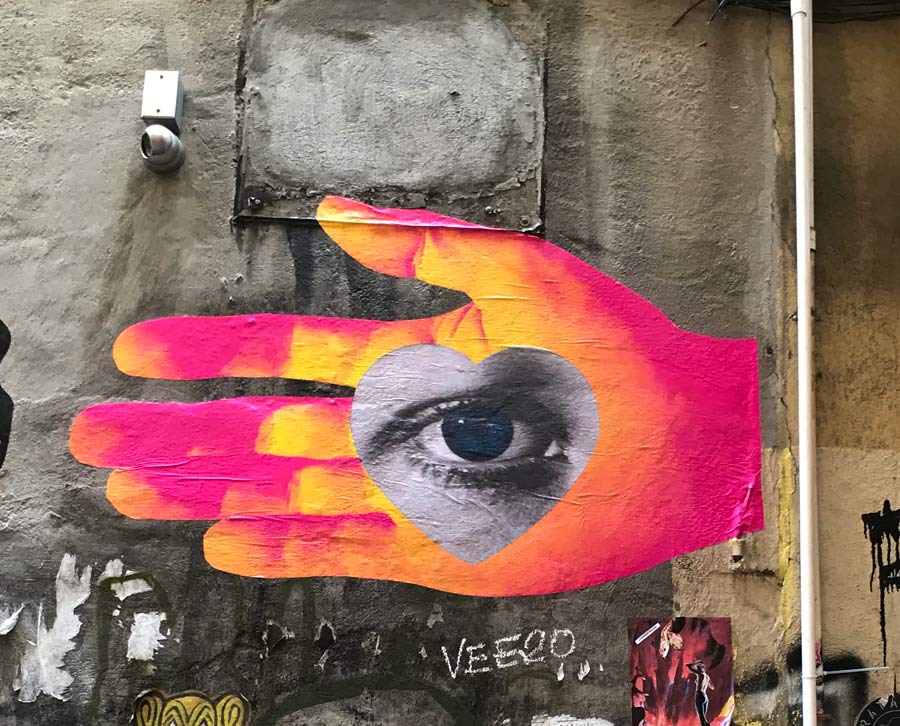
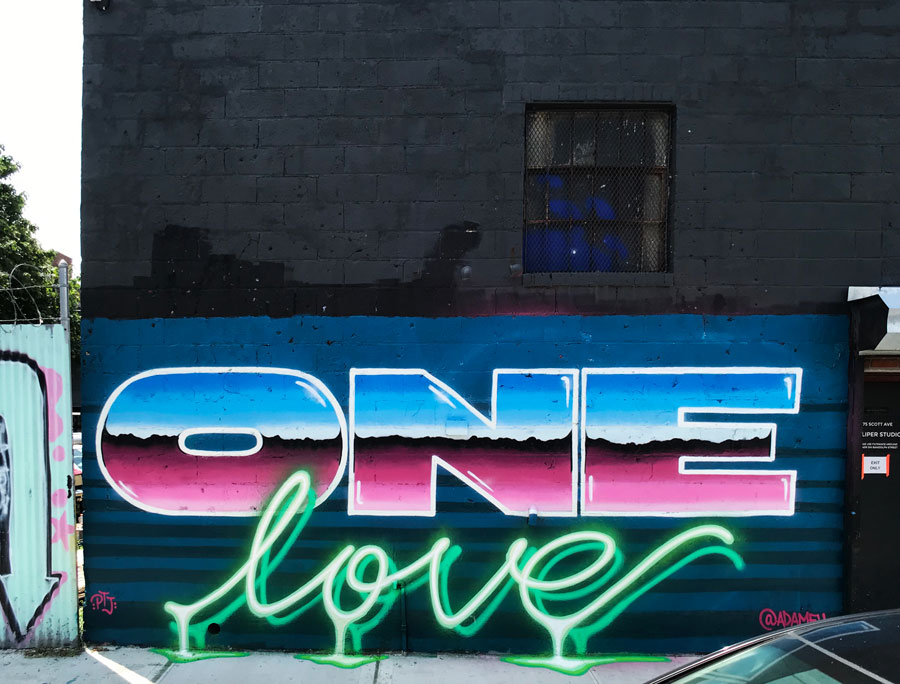
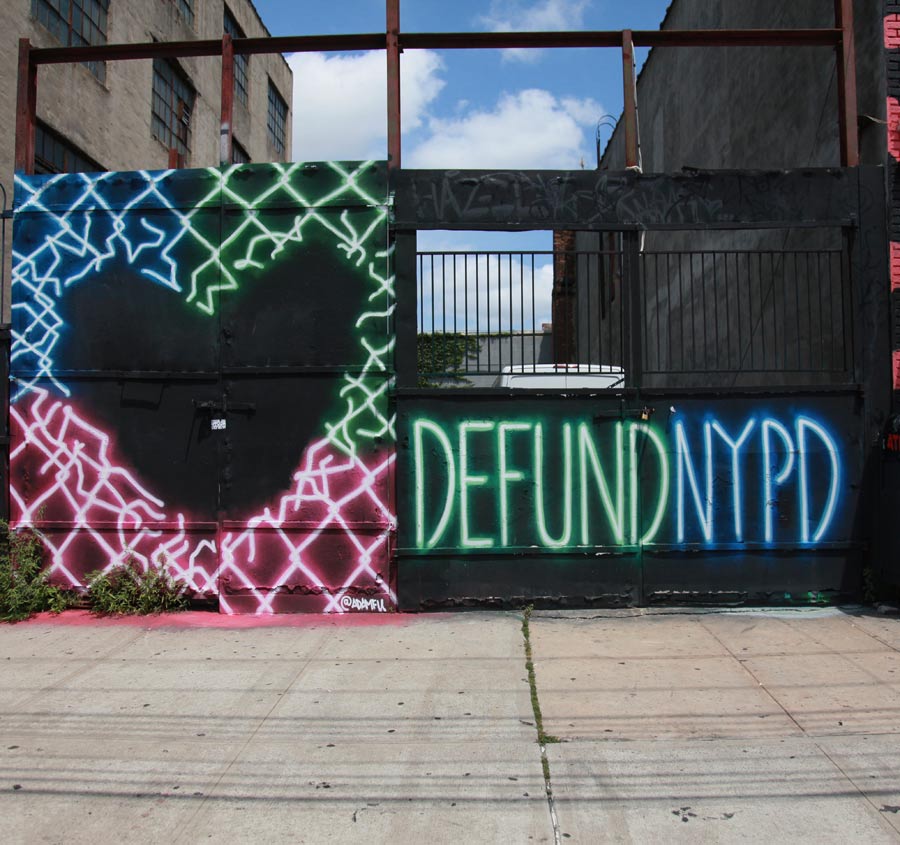
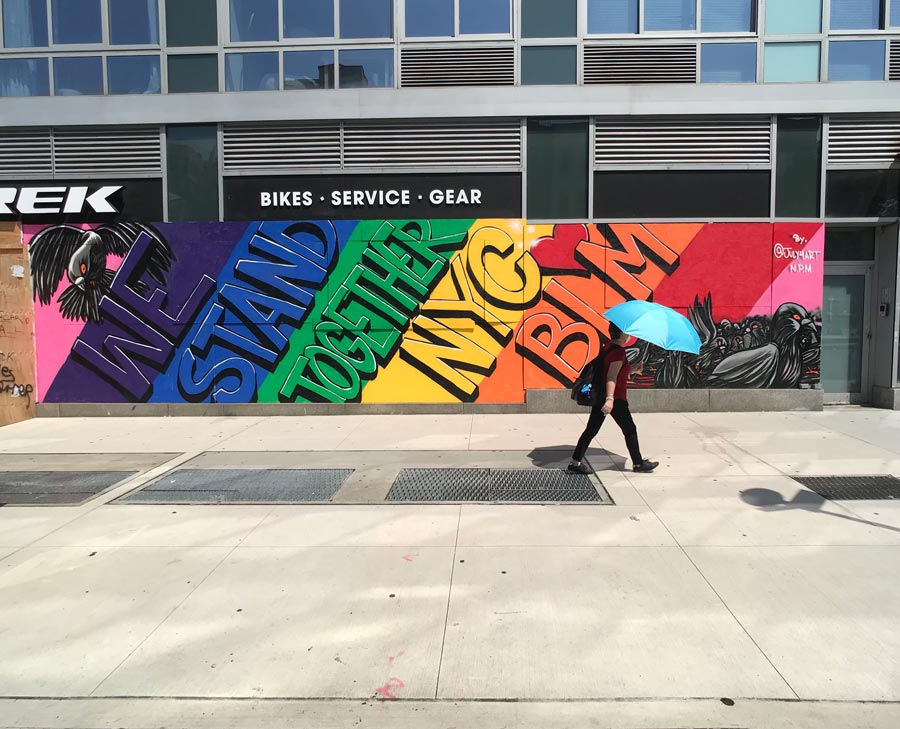
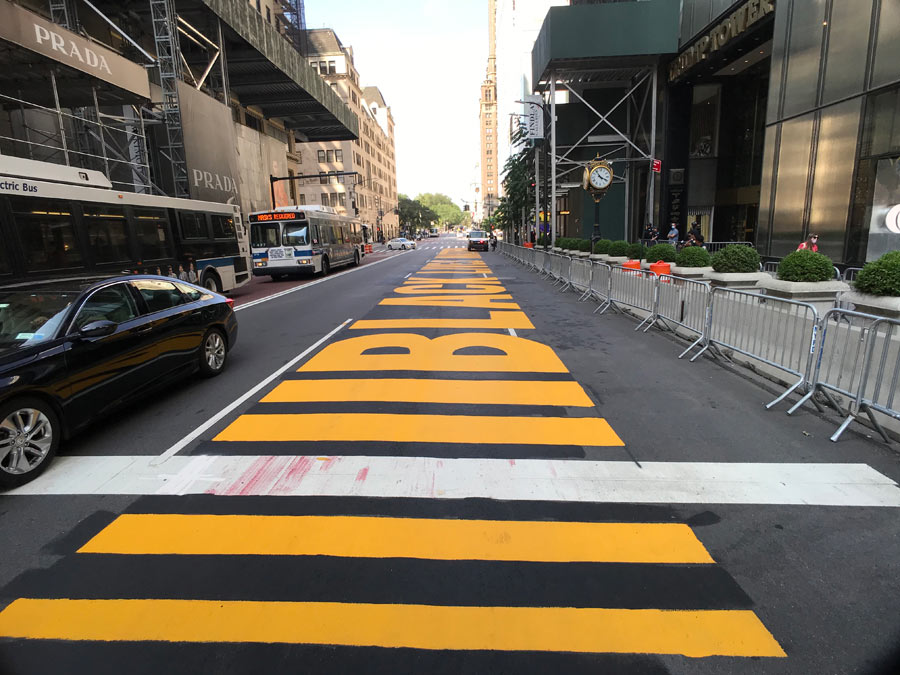
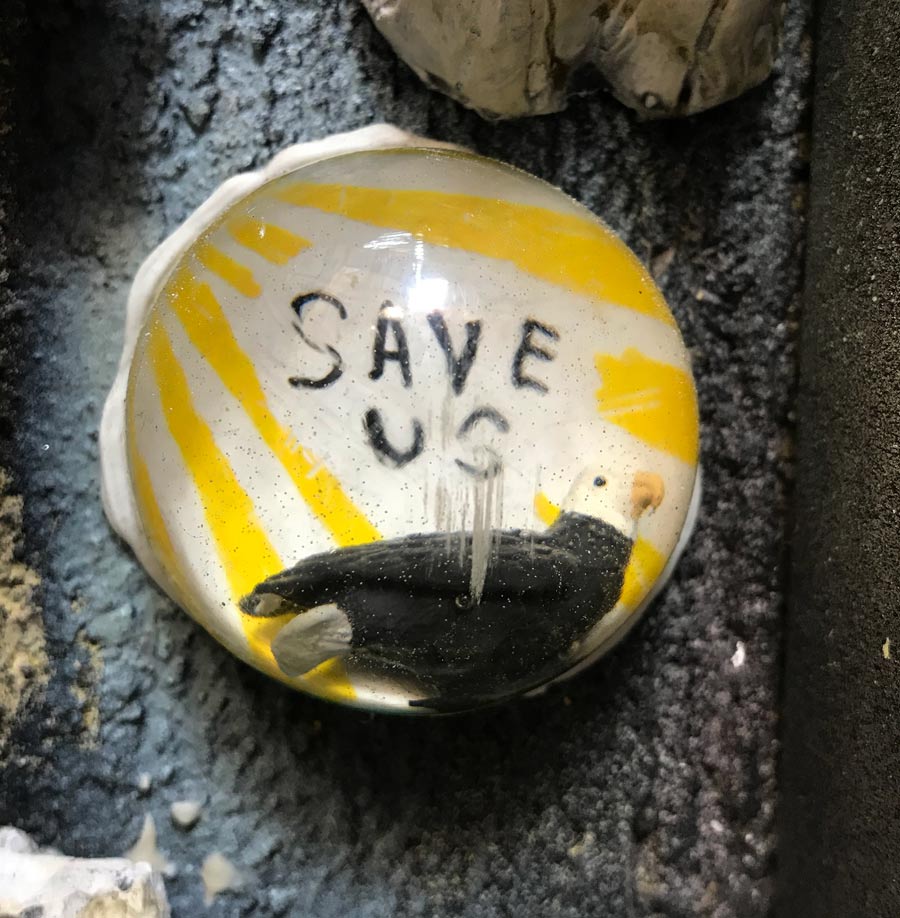

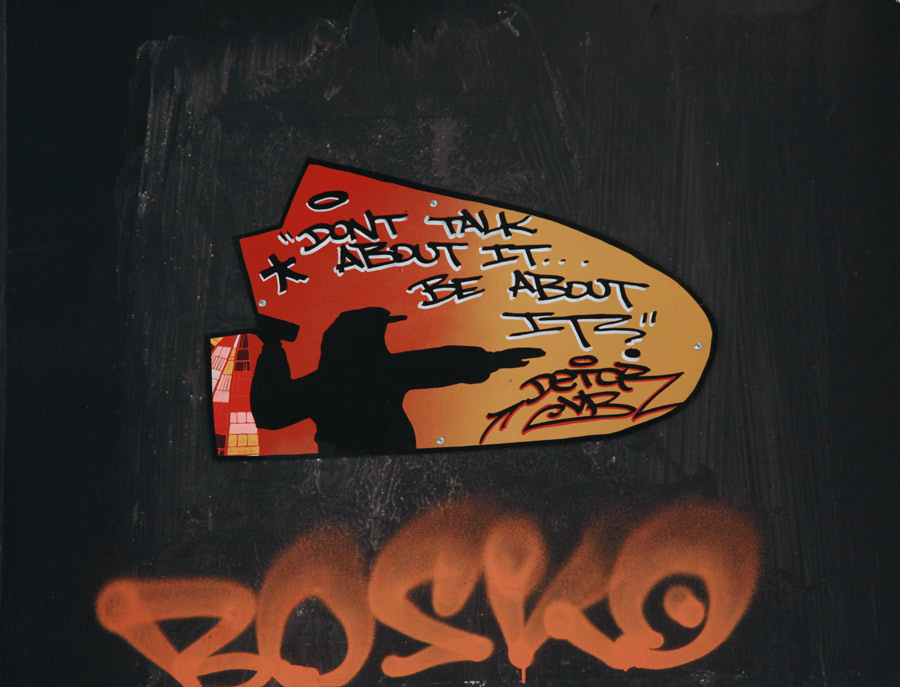
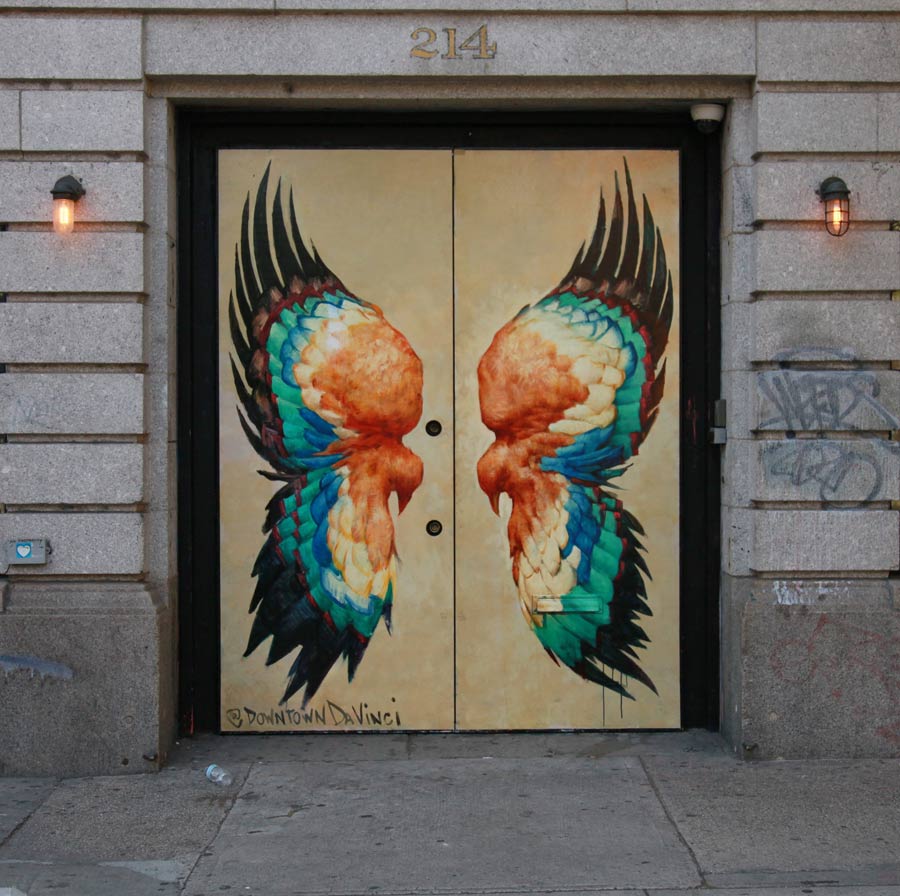
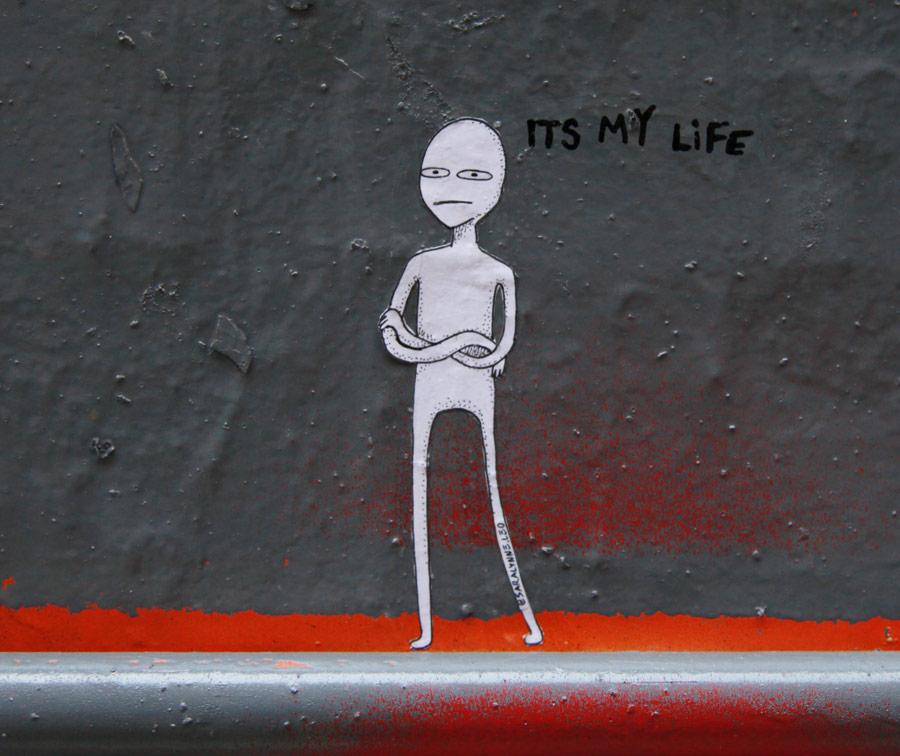
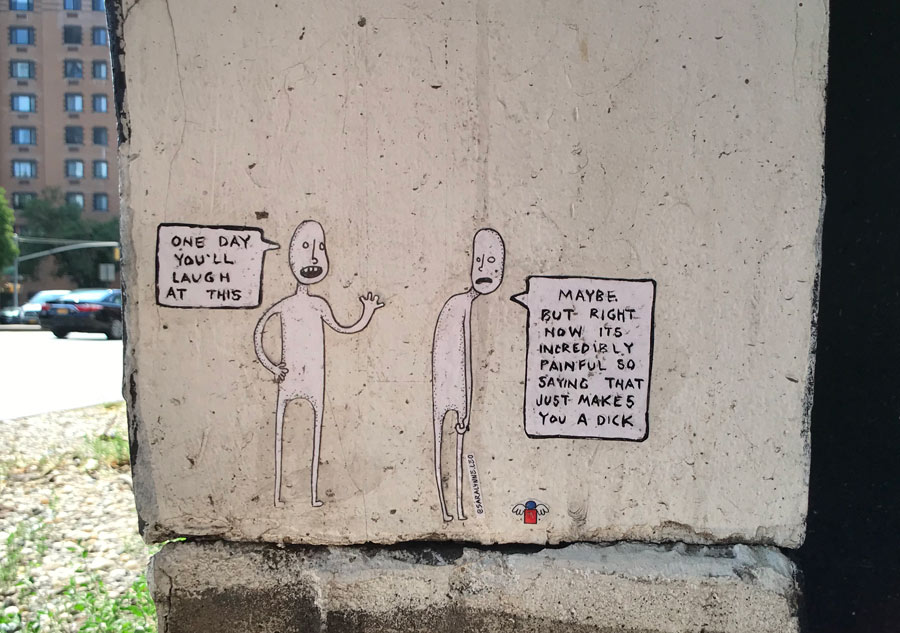
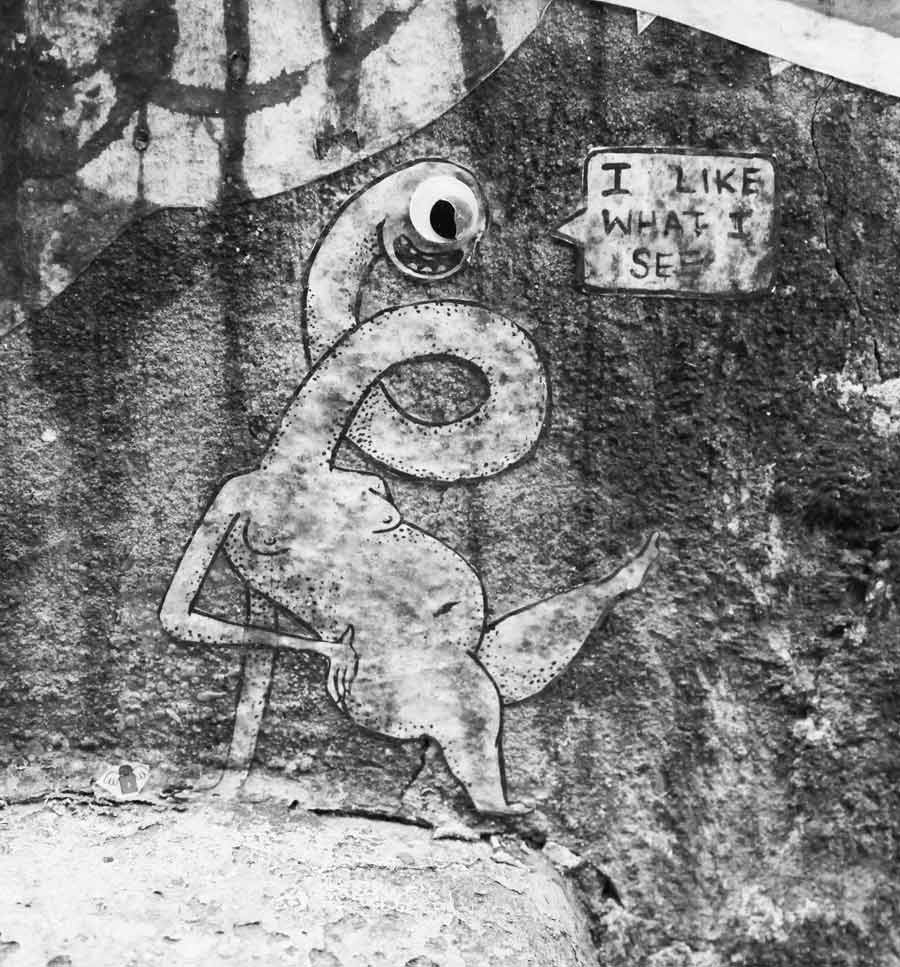
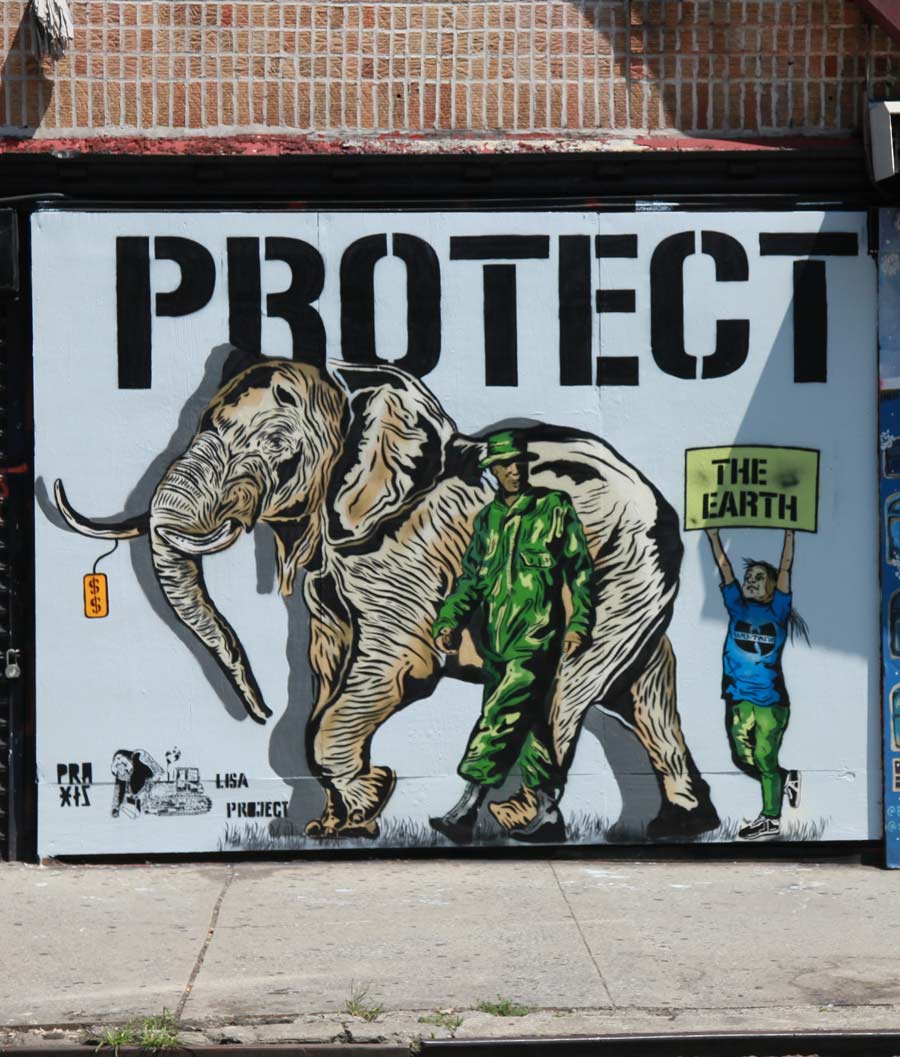
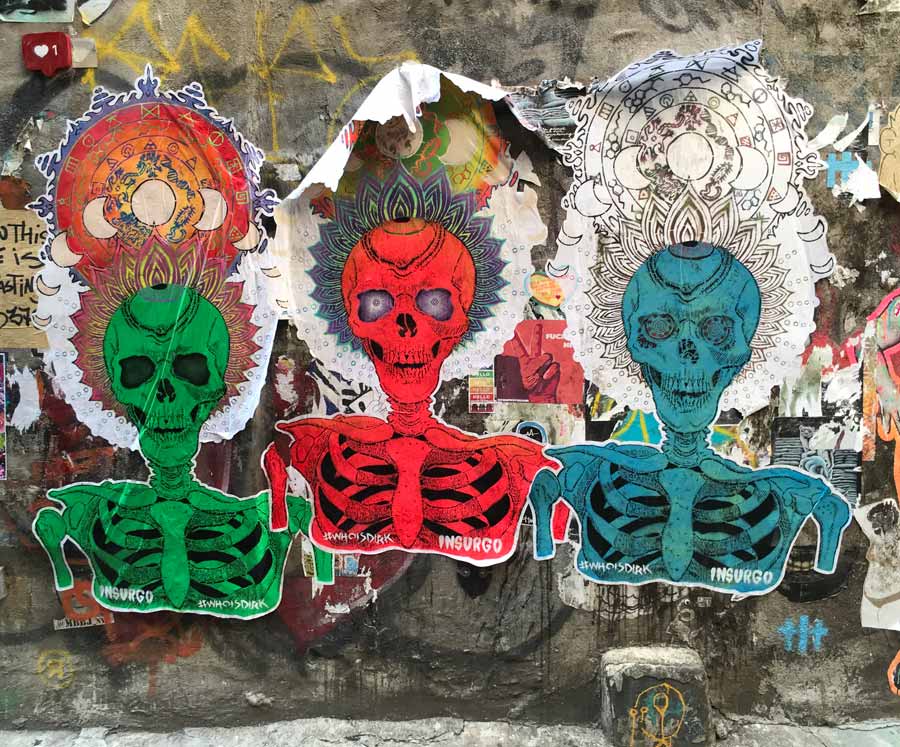
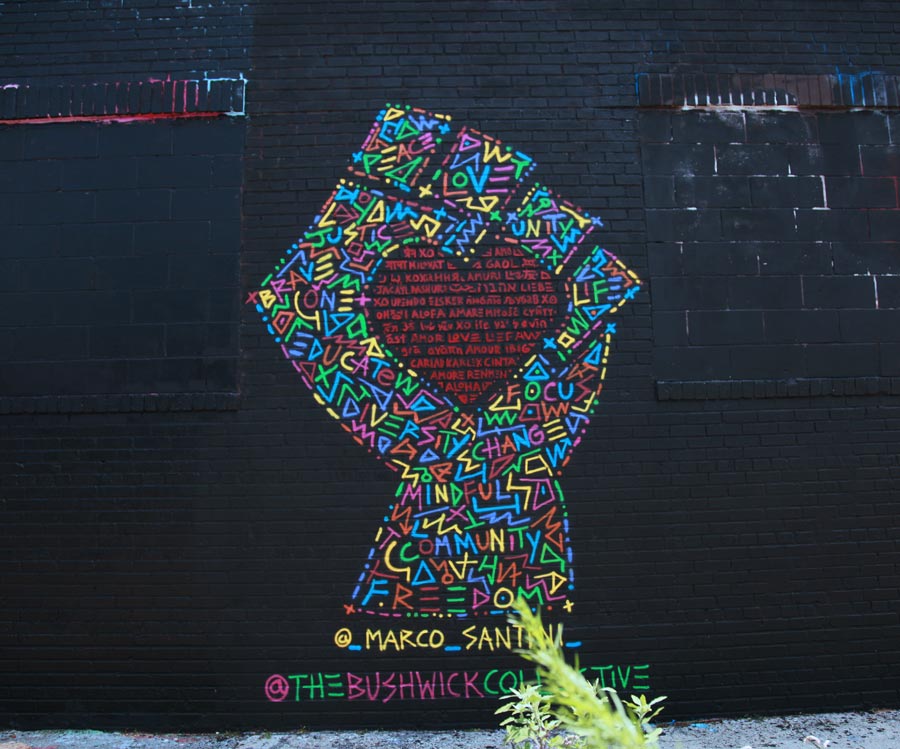
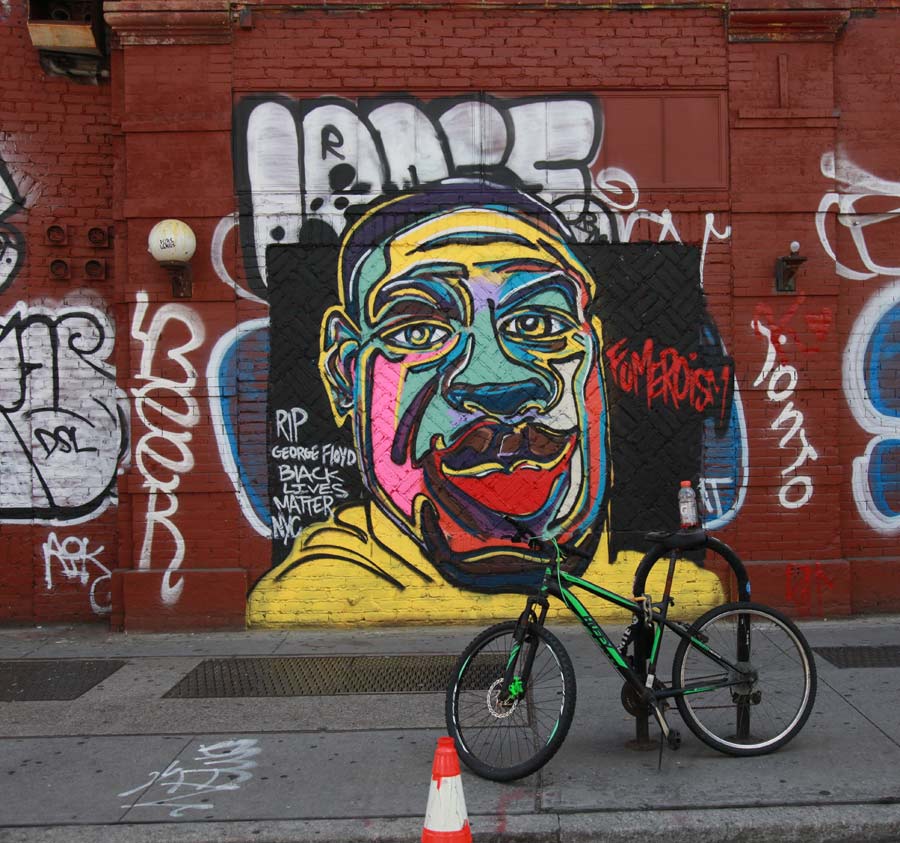
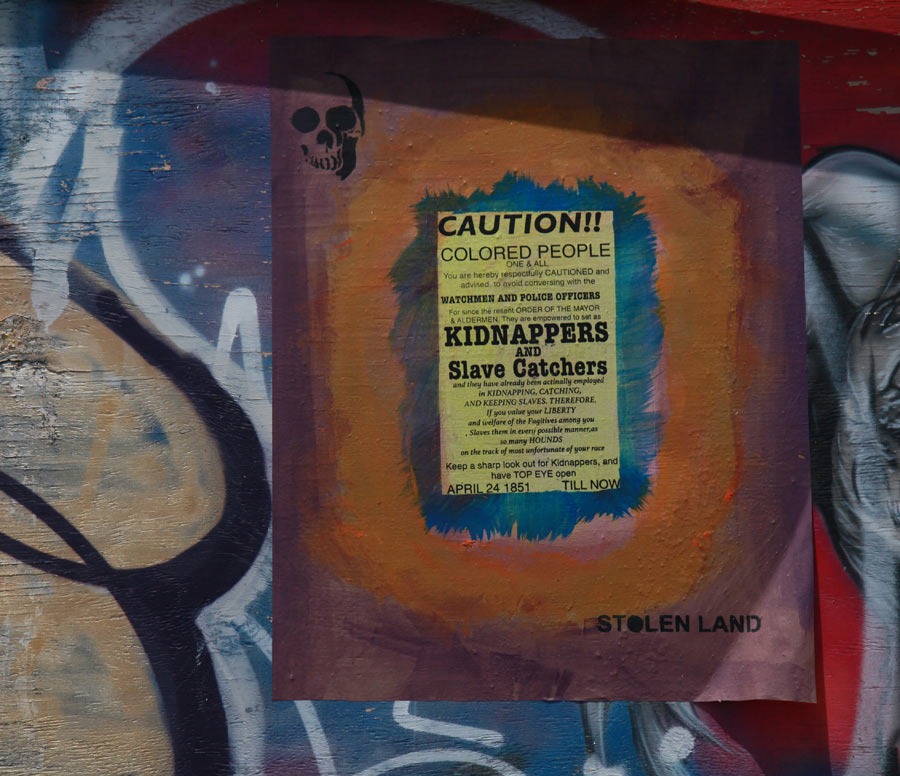
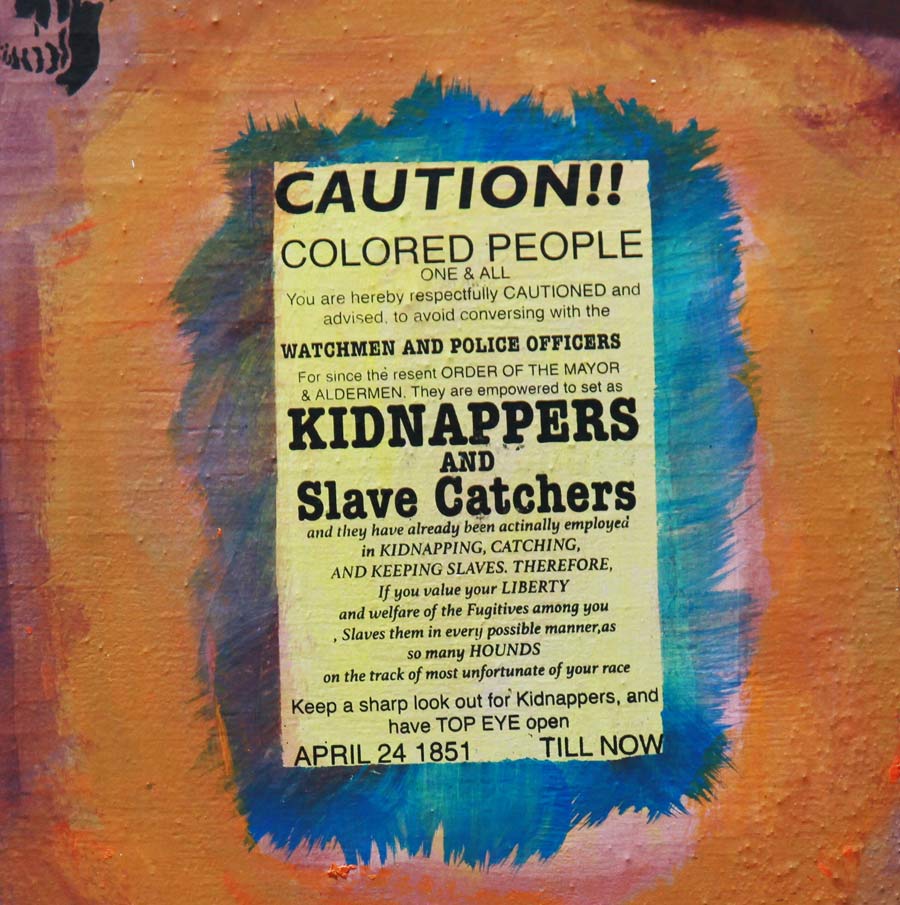
The New York street artist who works under the moniker “Almost Over Keep Smiling” reinterprets slightly this Boston warning poster telling anybody who was black in a “free” state like Massachusetts or New York to stay away from the police because the federal government had passed a law empowering people to capture them and return them to slavery.
From Wikipedia: The Fugitive Slave Act or Fugitive Slave Law was passed by the United States Congress on September 18, 1850,[1] as part of the Compromise of 1850 between Southern slave-holding interests and Northern Free-Soilers.
The Act was one of the most controversial elements of the 1850 compromise and heightened Northern fears of a “slave power conspiracy”. It required that all escaped slaves, upon capture, be returned to their masters and that officials and citizens of free states had to cooperate. Abolitionists nicknamed it the “Bloodhound Bill,” for the dogs that were used to track down runaway slaves.[2]
The Act contributed to the growing polarization of the country over the issue of slavery, and is considered one of the causes of the Civil War.
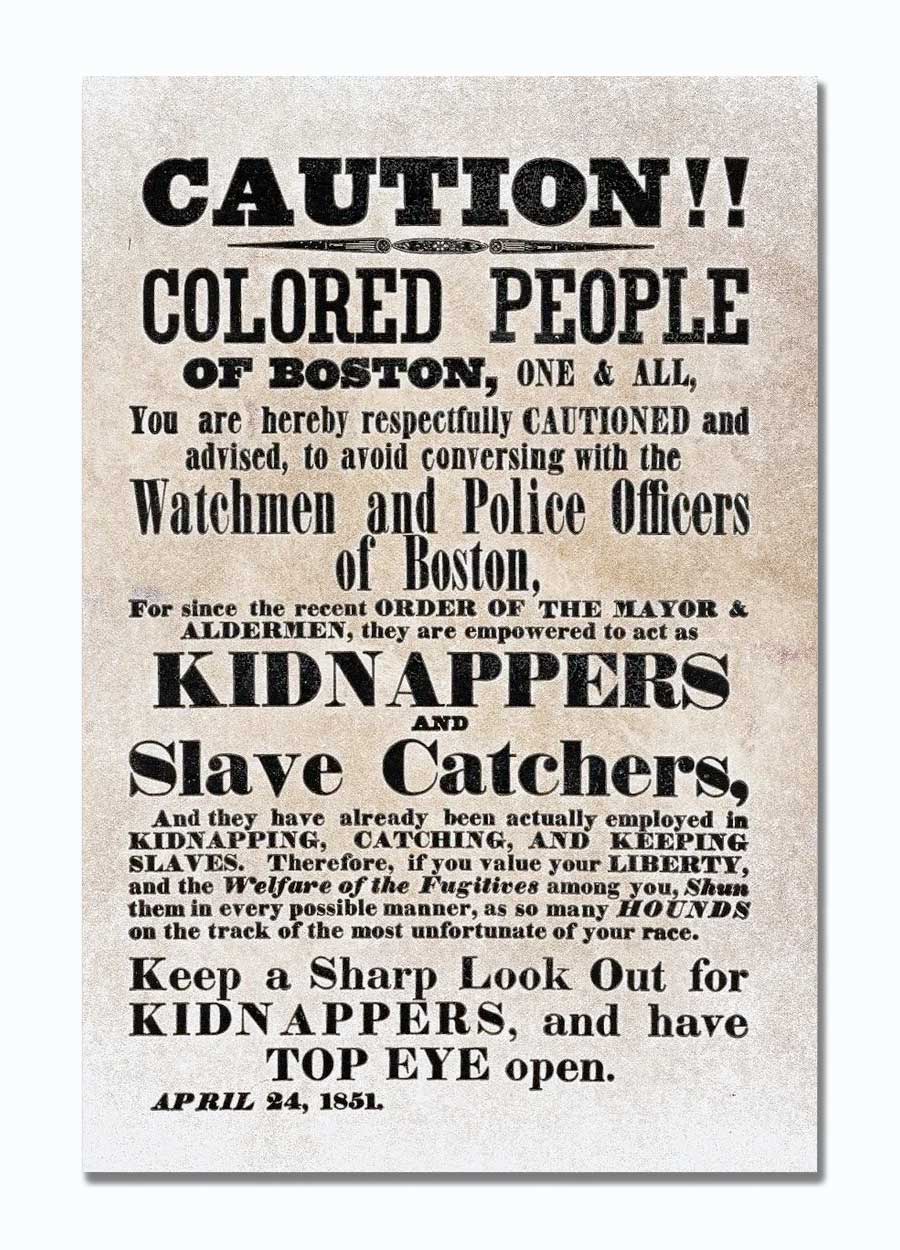
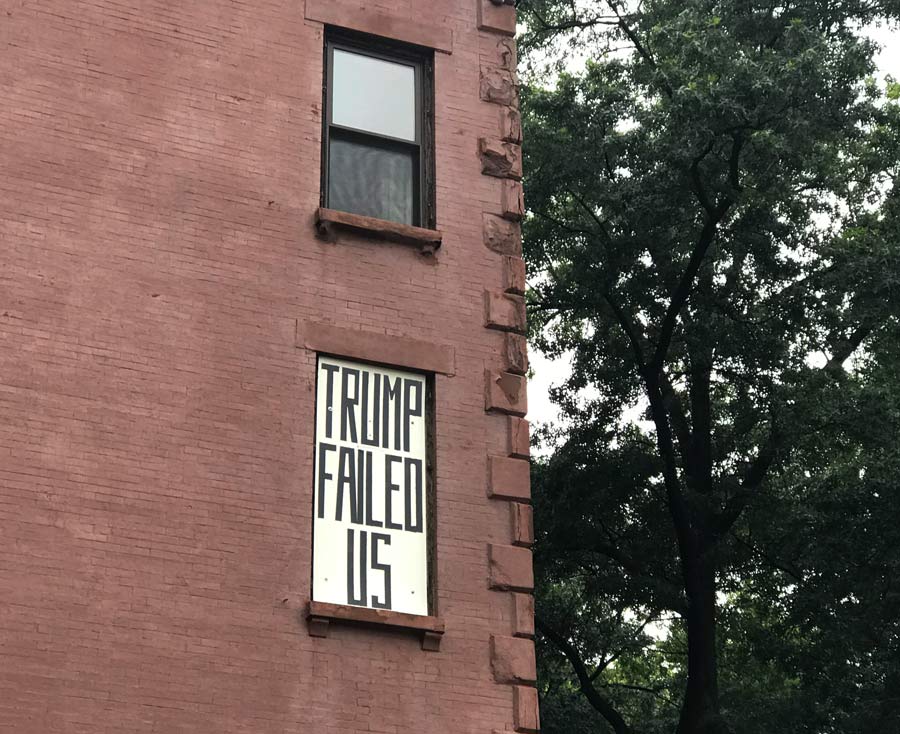
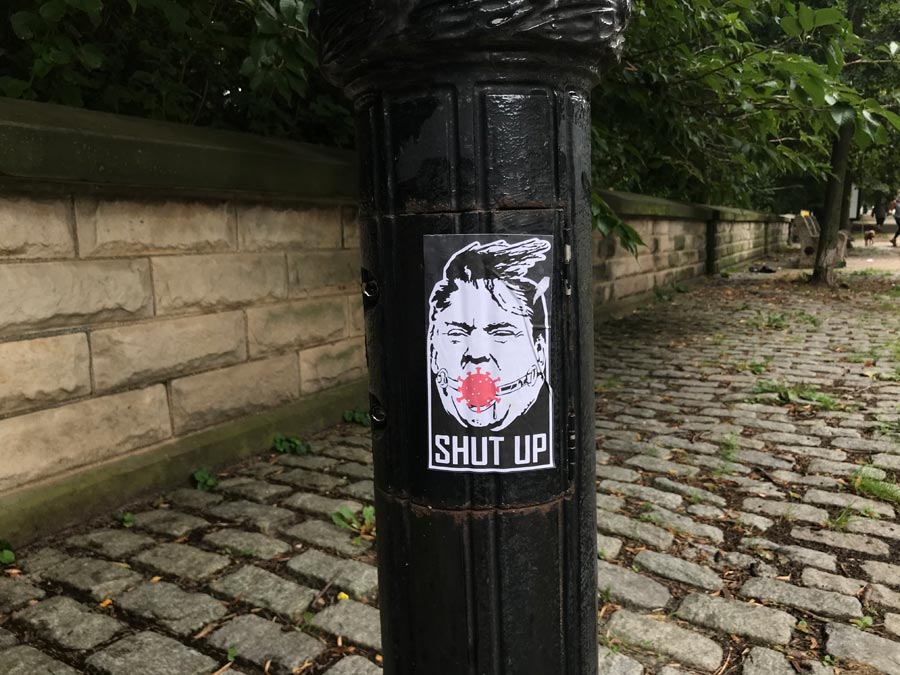
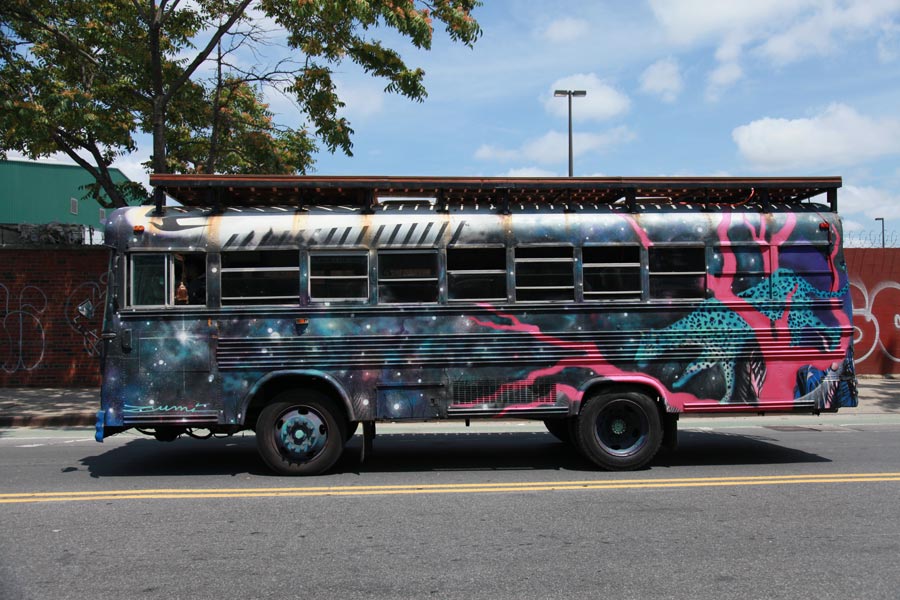

 BROOKLYN STREET ART LOVES YOU MORE EVERY DAY
BROOKLYN STREET ART LOVES YOU MORE EVERY DAY